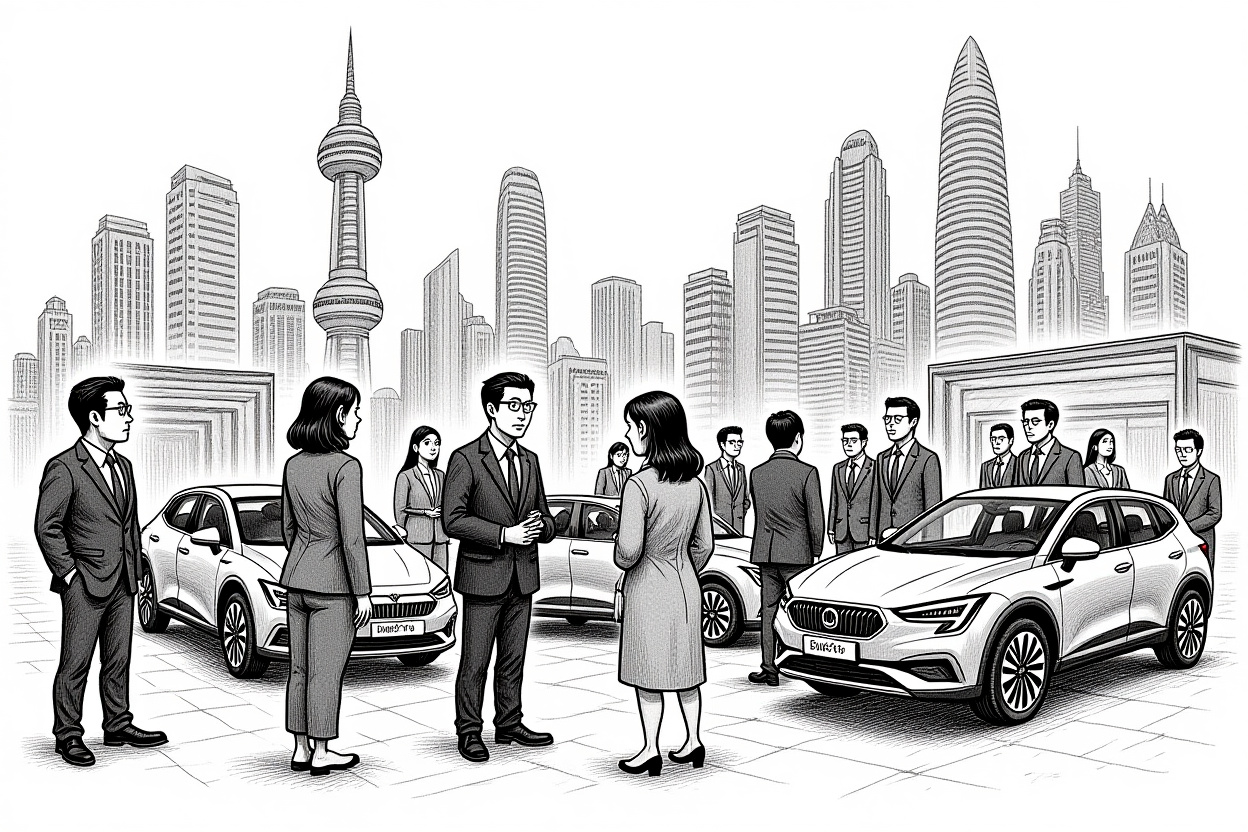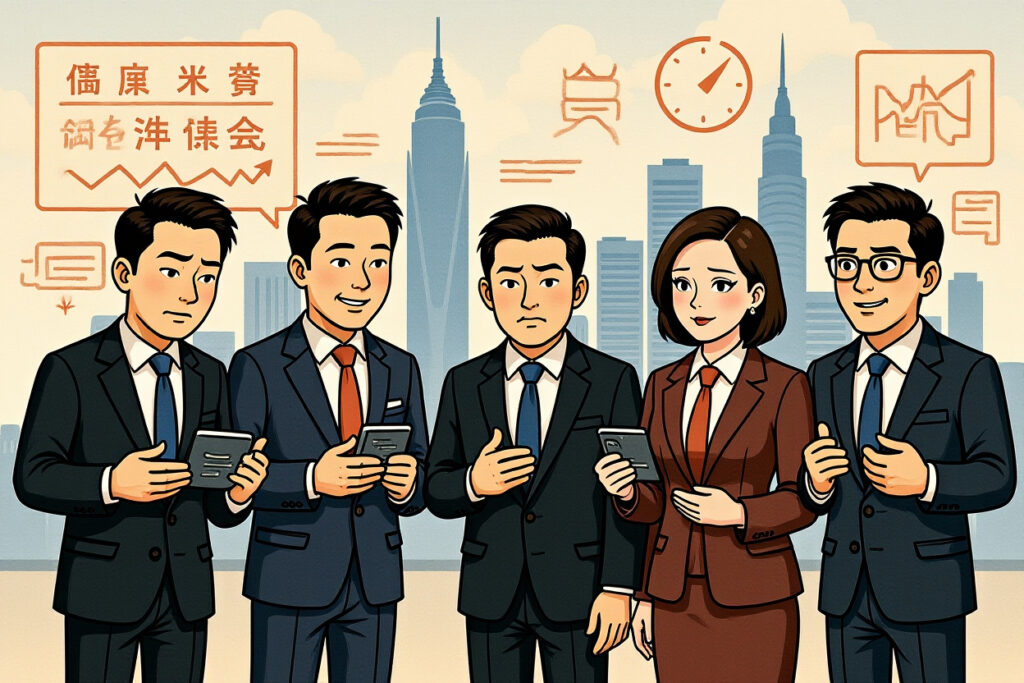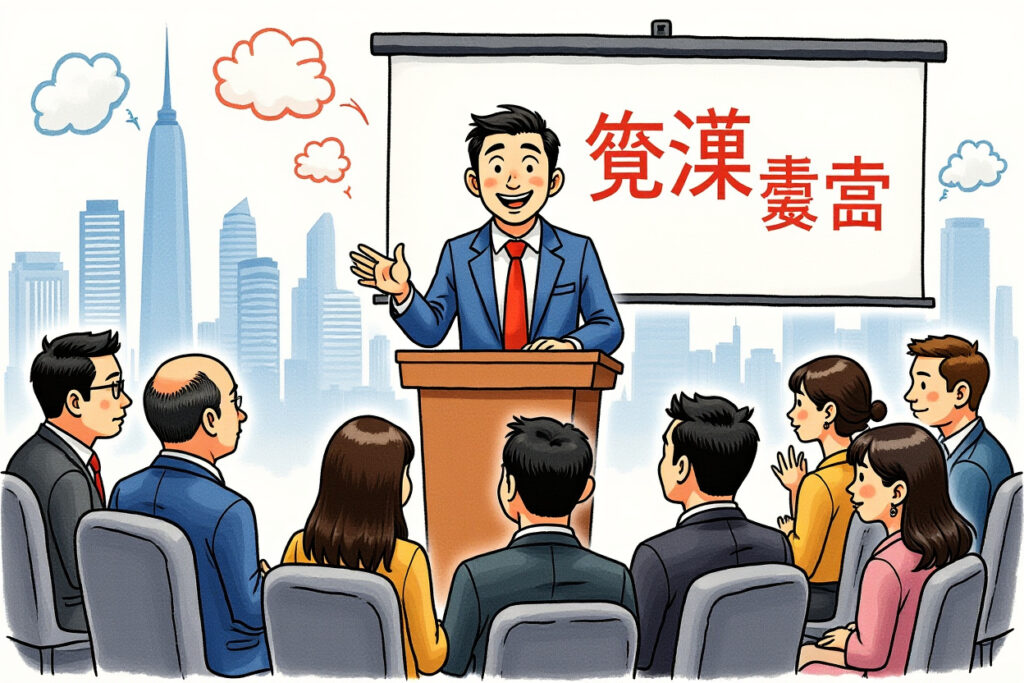Executive Summary
- Chinese automakers increased presence by 50% at Munich Auto Show with 116 exhibitors, challenging German dominance
- BBA (Mercedes-Benz, BMW, Audi) reported significant sales declines in China during H1 2024, with collective sales dropping approximately 300,000 units
- Chinese EV brands achieved 5.1% market share in Europe, nearly catching Mercedes-Benz’s 5.2% share
- German automakers are shifting strategies from full electrification to hybrid approaches while accelerating智能化 (intelligentization) features
- The Chinese-German automotive showdown represents a fundamental power shift in global automotive industry dynamics
The Munich Showdown: Chinese Automakers Transform German Home Turf
The 2023 Munich Motor Show (德国国际汽车及智慧出行博览会) became an unexpected battleground where Chinese automakers staged their most aggressive European offensive to date. With 116 Chinese exhibitors representing a 50% increase from previous years, the traditional German-dominated event transformed into a tense Chinese-German automotive showdown that revealed shifting global automotive power dynamics.
German manufacturers watched with concern as Chinese brands occupied significant exhibition space, showcasing electric vehicles that directly compete with premium German models. The atmosphere reflected what Mercedes-Benz Group Board Chairman Ola Källenius (康林松) described as a “Darwinian” struggle for survival in the automotive industry, particularly in the critical Chinese market where pricing pressures have intensified.
Market Share Shifts Tell Concerning Story
European consumers are increasingly choosing Chinese electric vehicles, with registration data showing a 91% surge in Chinese auto registrations during early 2024. More significantly, Chinese brands captured 5.1% of the European market in H1 2024, nearly equaling Mercedes-Benz’s 5.2% share. This Chinese-German automotive showdown represents more than symbolic competition—it signals fundamental market restructuring.
BBA’s Troubling Performance in Critical Markets
The traditional German luxury triumvirate of Mercedes-Benz, BMW, and Audi (collectively known as BBA) faced concerning headwinds in their most important market. During the first half of 2024, BBA experienced collective sales declines in China totaling approximately 300,000 units compared to the previous year.
Mercedes-Benz reported a 14% decline to 290,000 vehicles, while Audi saw a 10.2% drop. The sales contraction directly impacted profitability, with Mercedes-Benz reporting a 55.8% decline in net profit and Volkswagen Group (大众集团) experiencing a 32.8% operating profit decrease to €6.7 billion, partially due to U.S. tariff impacts and restructuring costs.
Product Comparison Reveals Competitive Gaps
Chinese electric vehicles now offer comparable or superior specifications at significantly lower price points. The比亚迪汉EV (BYD Han EV) starts at ¥269,800, while the蔚来ET5 (NIO ET5) begins at ¥298,000—both substantially below equivalent Mercedes-Benz C-Class models while offering more advanced technology features. The比亚迪汉 (BYD Han) family has surpassed 1 million cumulative deliveries, with over 64% of buyers belonging to the post-90s and post-00s generations, indicating a fundamental shift in consumer preferences.
Strategic Missteps and Public Embarrassments
The Munich event highlighted several strategic challenges for German manufacturers. Mercedes-Benz design chief Gordon Wagener publicly criticized Audi’s Concept C interior as resembling “1995 design” with outdated styling and insufficient technology integration. Meanwhile, Mercedes-Benz Chief Technology Officer Markus Schäfer claimed the company “need not fear Chinese competition in electric vehicles” while simultaneously acknowledging efforts to reduce costs amid price pressures.
The most embarrassing moment occurred when German Chancellor Merz witnessed the electric GLC’s hood malfunction during a demonstration by Ola Källenius. These incidents symbolized deeper strategic challenges facing German manufacturers in this intensified Chinese-German automotive showdown.
Electric Strategy Recalibration
German automakers have significantly adjusted their electrification strategies in response to market realities. Audi has abandoned its 2033 combustion engine phase-out target, while Mercedes-Benz modified its 2030 full electrification goal to “up to 50% new energy vehicles (including hybrids).” This strategic pivot reflects the competitive pressure emanating from the Chinese-German automotive showdown.
Product Counteroffensive: German Brands Fight Back
German manufacturers unveiled significant product developments at Munich showcasing their response to Chinese competition. BMW introduced its Neue Klasse platform with the iX3 model targeting European markets by 2026. BMW Group Board Member and Sales Director Jochen Goller (高乐) acknowledged the company is closely monitoring China’s intense price competition ahead of the new iX3 launch.
Mercedes-Benz showcased its all-electric GLC EV featuring the 39.1-inch Hyperscreen, while Volkswagen presented the ID.CROSS concept—a compact electric SUV scheduled for production from 2026 onward. Audi displayed its Concept C, and Porsche unveiled the 2026 911 Turbo S, demonstrating the breadth of German electric development.
Diverging Design Philosophies
The German response revealed divergent strategic approaches: Audi embraced minimal screens focusing on driving essence, BMW bet on maximal screen interfaces anticipating Chinese consumer preferences, while Mercedes-Benz maintained traditional luxury elements with advanced technology integration. This Chinese-German automotive showdown extends beyond pricing to fundamental design philosophy differences.
Regulatory and Trade Challenges Complicate Landscape
Beyond product competition, regulatory environments and trade policies significantly impact this Chinese-German automotive showdown. Volkswagen Group and Porsche CEO Oliver Blume (奥博穆) criticized the EU-U.S. “asymmetric” trade agreement that imposes 15% tariffs on EU auto imports while exempting U.S. industrial goods. Porsche faces particular pressure from both tariffs and Chinese market softness.
Mercedes-Benz leadership collectively criticized the EU’s 2035 combustion engine ban, which accelerates Europe’s electric transition. The International Energy Agency projects nearly 60% electric penetration for European passenger vehicles by 2030, creating both opportunities and challenges for manufacturers navigating this complex landscape.
Global Market Implications
The Chinese-German automotive showdown has ramifications beyond these two automotive powerhouses. Global sales rankings show Toyota and Volkswagen maintaining top positions, but Chinese manufacturers比亚迪 (BYD) and吉利 (Geely) demonstrate explosive growth at 33% and 29% respectively, surpassing Honda and Nissan to enter the top ten rankings. This represents the most significant shift in global automotive competitive dynamics in decades.
The New Automotive World Order
The Munich Motor Show demonstrated that the global automotive industry is undergoing its most significant transformation since its inception. Chinese manufacturers have evolved from imitators to innovators, leveraging complete industrial ecosystem advantages, aggressive pricing strategies, and rapid technology adoption. The Chinese-German automotive showdown represents a fundamental reordering of global automotive leadership.
German manufacturers maintain advantages in brand heritage, engineering excellence, and certain technological domains, but face unprecedented challenges in electric transition pace, cost structure, and market responsiveness. The outcome of this Chinese-German automotive showdown will determine industry leadership for decades to come.
For investors and industry participants, monitoring several key indicators will prove critical: electric vehicle adoption rates in European markets, Chinese manufacturer gross margins as they expand globally, German manufacturer cost reduction progress, and regulatory developments affecting trade relationships. The companies that successfully navigate this complex transition will likely emerge as the automotive leaders of the mid-21st century.
Track these developments through our premium market intelligence service for ongoing analysis of the evolving Chinese-German automotive showdown.




